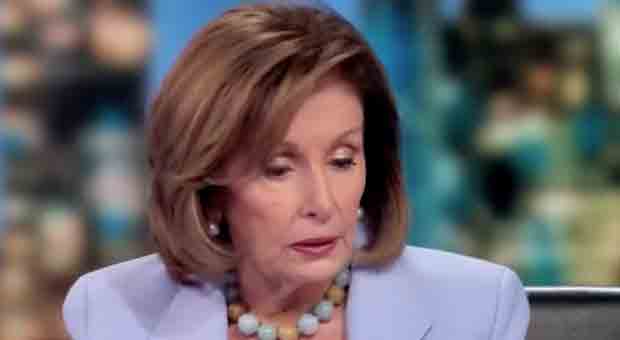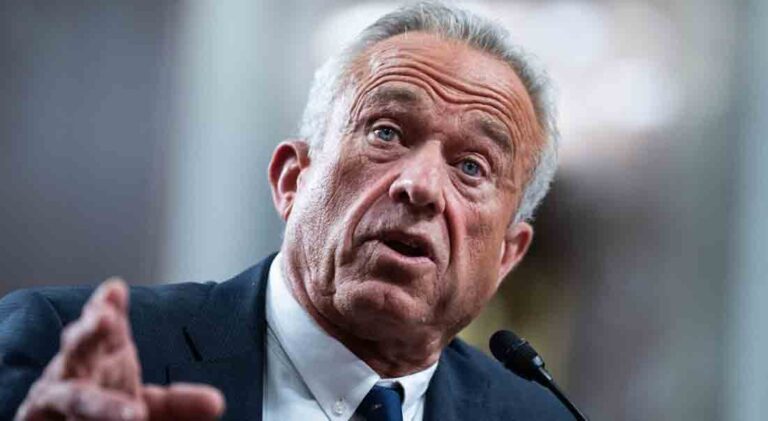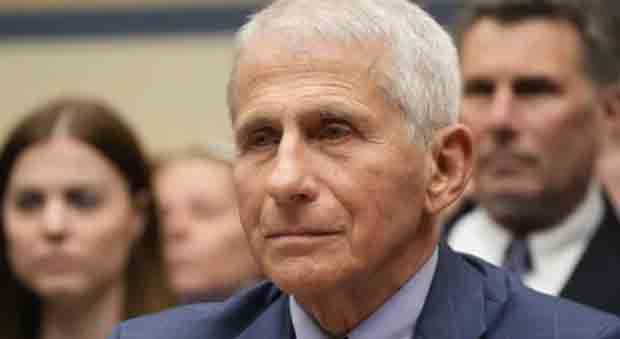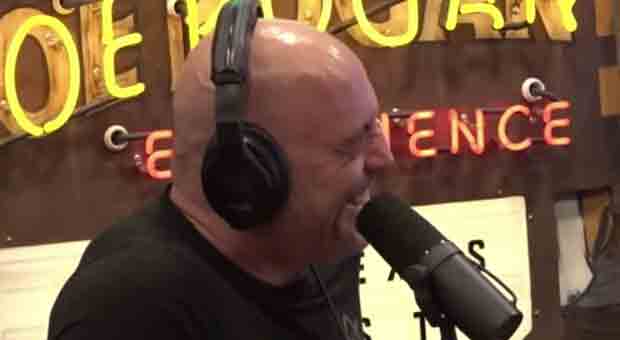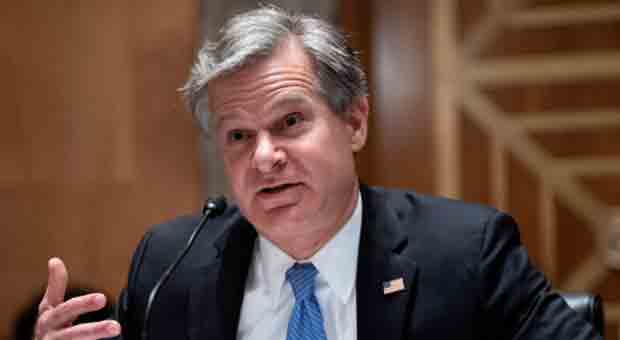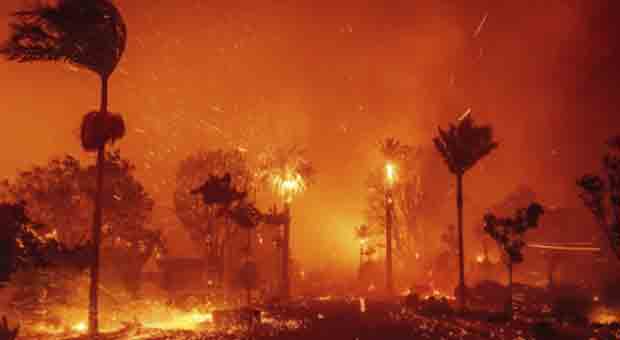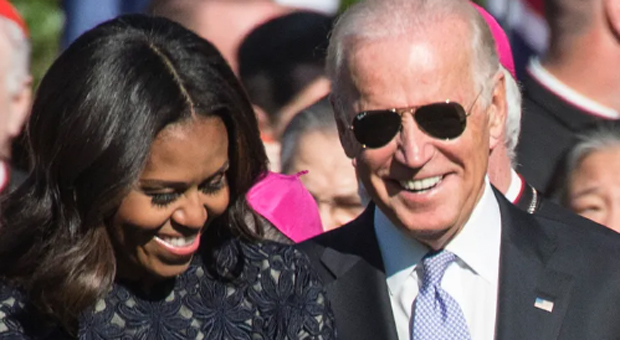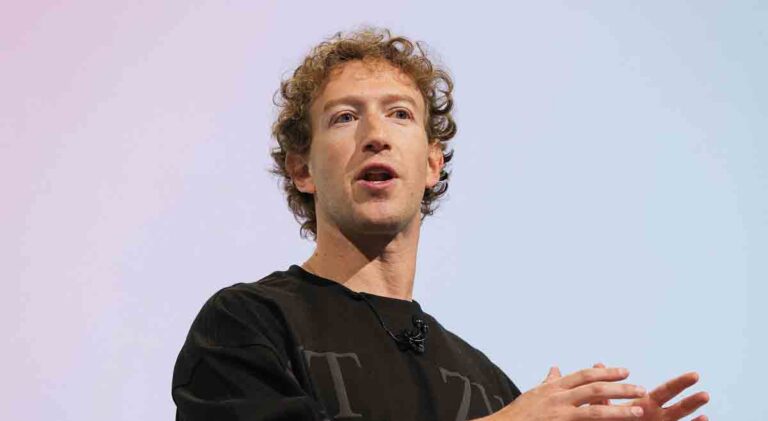Aidan O’Leary, the director of the WHO‘s Polio Eradication Programme, died unexpectedly aged 59 while on a family holiday on Tuesday.
President Michael D Higgins led the tributes, saying Mr. O’Leary “was a wonderful person who dedicated his life to helping those living in the most difficult, war-torn parts of the world.”
“It is with the most remote and vulnerable people on the planet that Aidan worked, and it is amongst those people that he will be remembered the most and his legacy of work most cherished.
“May I extend my deepest sympathies to Aidan’s wife Karen, to his children Darragh and Eimear, to his brother Art with whom I worked during his term as Secretary General to the President, to his sister Detective Chief Superintendent Jo O’Leary, and to all of his wider family, friends and colleagues who I know are feeling such shock at his unexpected loss.”
WHO director general Dr Tedros Adhanom Ghebreyesus called O’Leary “an outstanding humanitarian”.
“He served tirelessly in the most difficult parts of the world, to help the most vulnerable populations survive and thrive, and to end polio,” he said.
RELATED: Pfizer CEO: COVID-19 Was a ‘Rehearsal’ for Something Bigger
I'm devastated and heartbroken at the passing of a very dear friend and colleague, Aidan O'Leary, Director of the @WHO Polio Eradication Programme.
— Tedros Adhanom Ghebreyesus (@DrTedros) August 7, 2024
Aidan's passing is a shock to all of us, and especially to his family and friends in his native Ireland and around the world. On… pic.twitter.com/p5YXJepTqm
In a statement, the WHO’s Global Polio Eradication Programme said it was devastated by the news of his sudden death.
“Most recently, he was leading our global effort to eradicate polio as director of the WHO Polio Eradication Programme.”
“But already prior to that, he had been working tirelessly for the betterment of humanity.”
In 2023, Sicence.org reported thar the Global Polio Eradication Initiative (GPEI), led by O’Leary, left seven children, six in the Democratic Republic of the Congo (DRC) paralyzed by poliovirus strains derived from a vaccine meant to prevent the disease.
The outlet continued:
“Known as novel oral polio vaccine type 2 (nOPV2), it was rolled out 2 years ago this month, and public health experts have been closely monitoring whether its use could also spark outbreaks on rare occasions.”
“It’s disappointing but not entirely unexpected,” says Aidan O’Leary, who heads GPEI. To Simona Zipursky of the World Health Organization, who co-chairs GPEI’s nOPV2 working group, the question for the past 2 years has been when, not whether, such cases would occur. “But you always hope you are wrong,” she says.




